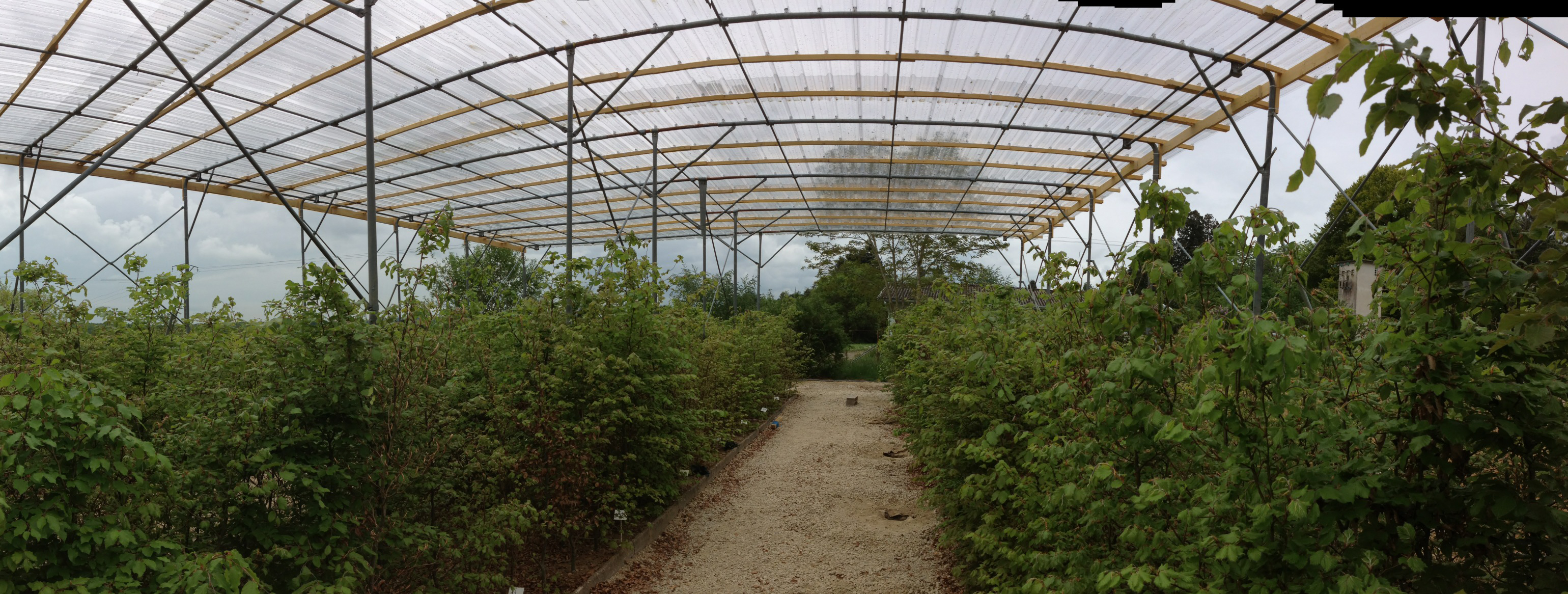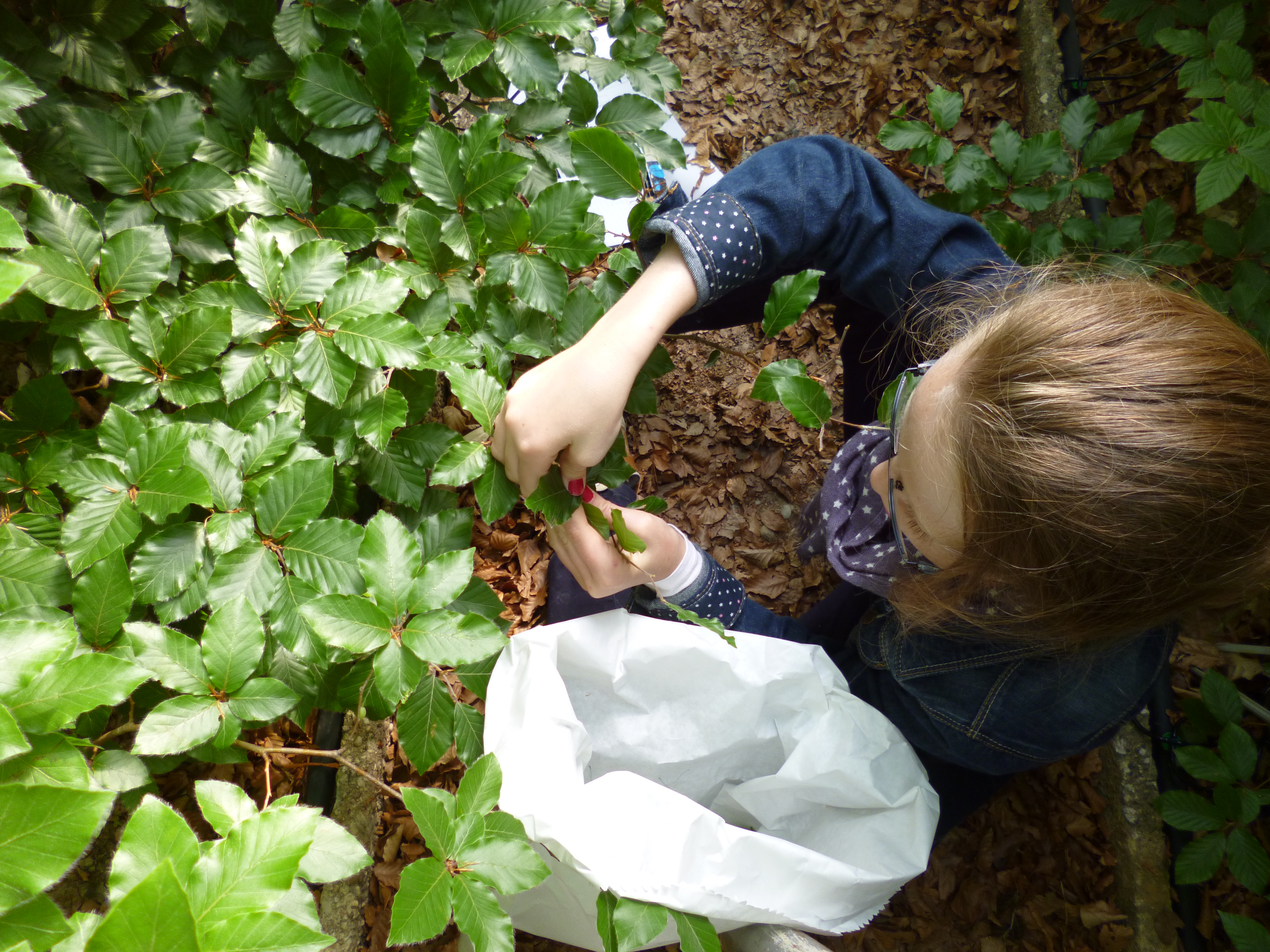

A particpative research project with young students
INRA – Collège Duvivier d’Einville-au-Jard
The experiment is underway – defoliation begins the first week of June
2-6 June 2014
_______________________________________________________________
Operational organization of the project —
The Survivor project will allow INRA researchers to host three middle school student classes for three mornings (arrival at 8h30 – departure at 12h30 – lunch will be a pic-nic in the field if the weather is good or moved indoors if it rains). The experiment itself will be set up under a roof and can take place whatever the weather.
Financial support for student transportation and other expenses will be provided by LabEx ARBRE. The CPIE (Center for Environmental Initiatives, Nancy Champenoux) will look after practical organization and coordination with the Collège Duvivier d’Einville-au-Jard.
Context —
This research project, supported by both INRA and the Laboratory of Excellence ARBRE, aims to respond to the question “why do trees die when they experience drought?”. This particularly important question, certainly today in the context of current climatic changes, will raise the debate the scientific community has only just begun to address. Some have made the hypothesis that trees die from hunger, others hypothesize that they die from thirst. To test theses hypotheses, researchers with INRA have as such designed an experiment set up in a seedling nursery on site at the INRA Nancy center in Champenoux. Several hundred beech trees from seeds collected in northern and southern Lorraine (7 populations total) were planted eight years ago on this site which has just recently had a roof installed to further protect the young plantation. The experiment will consist of following the survival rates of these beech trees under a variety of contrasting conditions (watered or not, with our without defoliation). The absence of water will aim to simulate severe water stress for the trees. Defoliation aims to reduce by artificial means the trees natural carbon reserves. In this experiment, 300 trees will be defoliated by 75% (1 out of 3 leaves will be saved and the foliate surfaces from all leaves removed will be measured).
Objective of partnering with the junior high school (College) of Einville-au-Jard —
To give young students the opportunity to participate in a large-scale research project and to be involved themselves as actors. It will also permit these students valuable, hands on experience in research and the chance to meet those in professions or with training also linked to research.
Project description —
SURVIVORS proposes that students at a given level (level 5 was chosen by the earth and life sciences teacher, Madame Marchal) participate in half-day classes. Each student will be the guardian of a tree which they will be responsible for measuring (all of its parameters: height, depth), before proceeding to defoliation. The experiment will begin next year (the entire project should last 3 years). These students will be therefore in their 4th year as they follow their trees. Each student will be in charge of “their own” tree, the same tree that they followed the year before. They will be responsible for assessing qualitatively and quantitatively the state of “their” tree.
During their visit to INRA, the students will also participate in workshops to learn about in situ root systems (by using an endoscope), measuring leaf surfaces and measuring base tree diameter. During this work in the workshops, they will be accompanied by technicians, researchers and Masters students.
The data from the whole experiment will be compiled and communicated to Madame Marchal in the autumn of 2014 and 2015 so that the students can analyze them in the context of earth and life sciences, but also in the context of mathematics and technology. Further accompaniment for the students in physiology and biology will be developed on the college website with the help of the CPIE in Champenoux (through a teaching package developed by the CPIE).
When the students are in their 3rd year, they will have the use of all project data which they will analyze with the help of their teachers and through interaction with project researchers.
__________________________________________________________________________________


